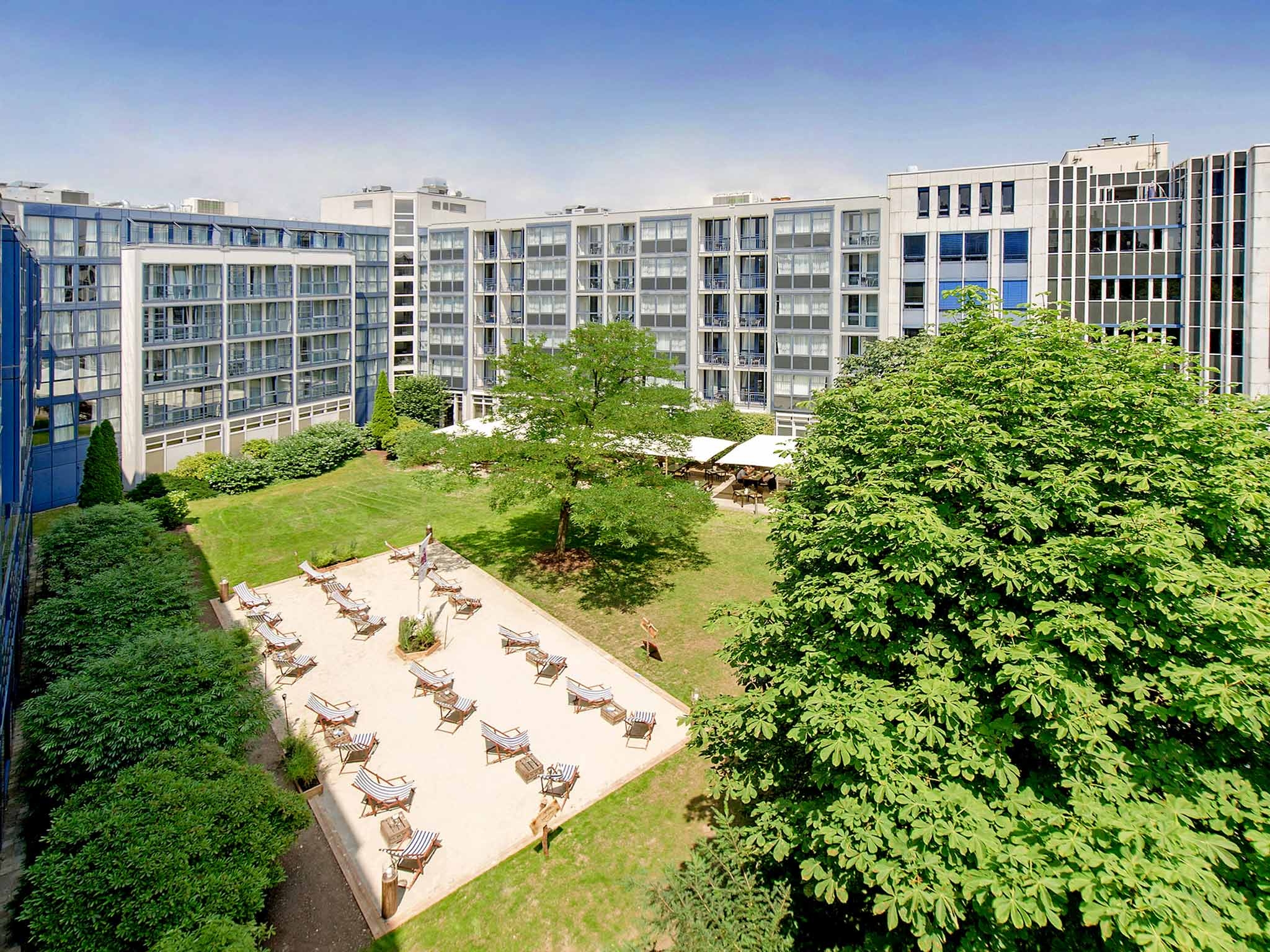In spite of Germany's deal flow actually declining in the first half of 2017 versus the same time last year, the expectation remains that it will be a record year of activity in the country, with a spate of deals due to close in the coming weeks and months.
That's according to JLL, which reported that investment volumes in Germany in the first half reached €1.83 billion, an 8-percent decline compared to the same period last year,
With a lack of portfolios coming to market, single assets and alternative real estate, including hostels, are helping to maintain volume, with demand from investors continuing to outstrip supply.
JLL’s comments came as Union Investment and Bulwiengesa calculated that the market value of investable hotels in Germany increased by 8.3 percent to €51 billion between 2015 and 2016. This was due primarily to new hotels and B&Bs that resulted in a net increase in the number of beds in the country of around 0.7 percent.
Hotel transactions in Germany hit a new record high in 2016. The roughly €5.2 billion (including development projects) corresponded to around 10.2 percent of the calculated total market (9.3 percent in the previous year).
Still Attractive
"The volume of transactions is growing even faster than the market. This indicates that the hotel asset class is becoming increasingly popular amongst investors," said Martin Schaller, head of hospitality asset management for Union Investment Real Estate GmbH.
JLL is forecasting this to continue. Stefan Giesemann, SVP of JLL Hotels & Hospitality Group, said: "There is currently a lack of good quality product on the market for sale and that is further putting pressure on net initial yields, which have contracted in prime locations to around 4 percent.
"There are a lot of deals still in the pipeline for the third and fourth quarter so I am confident it will be a record year and there is still enough out there for next year. We have had a lot of portfolio transactions, which has changed, but we are now seeing movement in single assets and in larger volume single assets. Some of them are coming out of the portfolios, but some of them are also owners who are trying to make the best of it in an environment of strong performance.

Alt Assets
"We are experiencing an increase in many of the alternative assets—hostels, serviced apartments—which we would count as hotel transactions. Everyone is pretty confident—the political space is looking strong after the elections in The Netherlands and France and, with a stable political environment and good economic performance in Germany it is a good time. There are lower yields and higher prices, but the operating performance is still healthy. We are seeing new supply, but demand is still outweighing supply in the top six cities.”
Commenting on the rise of Asian buyers in the country, Giesemann described them as mostly “long-term holders," REITs or private individuals who are looking for capital preservation and not as interested in turning the assets around. (Last month, Singapore's CDL Hospitality Trusts acquired the Pullman Hotel in Munich, its office and retail components for a reported €98 million.)
Underlining the talk with action, the comments came as Invesco launched its third dedicated hotel fund. The €500-million fund will be Invesco’s first with an open-ended format, targeting European assets. Ten institutional investors have committed €179.5 million in opening equity, with four assets in Holland and Germany being bought to seed the fund.
Marc Socker, managing director of hotel fund management at Invesco Real Estate, said Invesco continued “to see growing interest in this sector, particularly from investors who find the long leases and strong cash flows generated by hotels very attractive.”
Katherine Doggrell is an editor at Hotel Analyst, the U.K.-based news analysis service for hotel investors.
